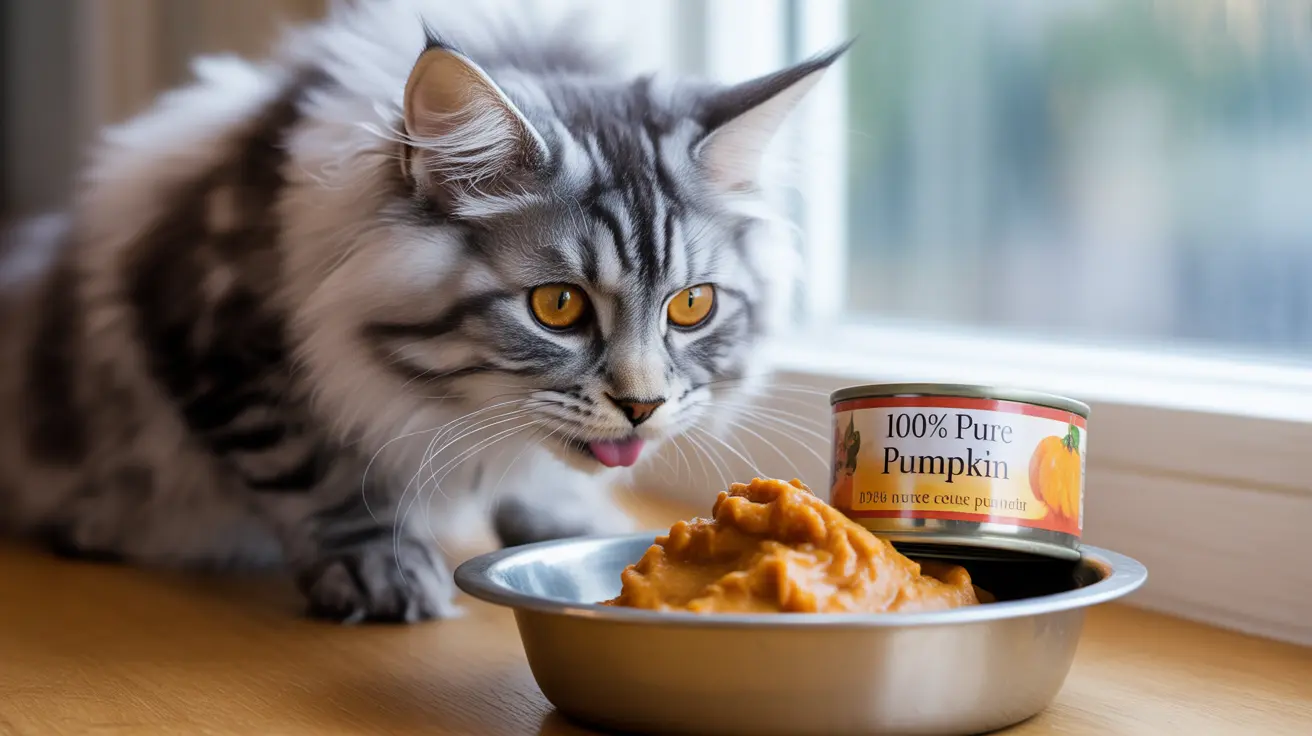If your cat is struggling with constipation, finding the right laxative treatment is crucial for their comfort and health. This comprehensive guide will explore various safe laxative options for cats, from veterinary-approved medications to natural remedies, helping you make informed decisions about your feline friend's digestive health.
Understanding Cat Constipation and When Laxatives Are Needed
Constipation in cats occurs when they have difficulty passing stools or experience infrequent bowel movements. Common signs include straining in the litter box, producing small, hard stools, or not defecating for more than 24-48 hours. Before considering laxatives, it's important to understand that constipation can be a symptom of underlying health issues requiring veterinary attention.
Types of Safe Laxatives for Cats
Veterinary-Prescribed Laxatives
Prescription laxatives are often the safest and most effective option for treating cat constipation. These include:
- Lactulose: A sugar-based syrup that draws water into the intestines
- Miralax (polyethylene glycol): A gentle stool softener
- Lubricant laxatives: Specifically formulated for feline use
Natural Laxative Options
Several natural remedies can help relieve mild constipation:
- Canned pumpkin (1 teaspoon daily)
- Psyllium husk fiber supplements
- Increased dietary fiber through specialized cat foods
- Coconut oil (in small amounts)
Dietary Modifications as Natural Laxatives
Often, dietary changes can work as effective natural laxatives:
- Switching to wet food to increase moisture intake
- Adding fiber-rich supplements to regular meals
- Ensuring fresh water is always available
- Incorporating probiotics for digestive health
When to Avoid Laxatives
Certain situations require caution with laxative use:
- Suspected intestinal blockage
- Underlying medical conditions
- Pregnancy or nursing
- Very young or elderly cats
Always consult your veterinarian before starting any laxative treatment.
Prevention and Long-term Management
The best approach to constipation is prevention:
- Regular exercise and play
- Maintaining proper hydration
- Consistent feeding schedule
- Regular litter box cleaning
- Weight management
Frequently Asked Questions
What are the safest laxatives for treating constipation in cats and how should they be used?
The safest laxatives are those prescribed by veterinarians, such as Lactulose and Miralax. These should be used exactly as prescribed, with careful monitoring of your cat's response. Natural options like pumpkin puree can be safe for mild cases when used appropriately.
Can natural remedies like canned pumpkin or ginger effectively relieve my cat's constipation?
Yes, natural remedies can be effective for mild constipation. Plain canned pumpkin (1 teaspoon daily) is particularly effective due to its fiber content. However, these should be used as part of a comprehensive treatment plan developed with your veterinarian.
How do I know when my cat's constipation requires urgent veterinary care instead of home treatment?
Seek immediate veterinary care if your cat hasn't defecated in over 48 hours, shows signs of pain or distress, is vomiting, or refuses food and water. These could indicate serious conditions requiring professional intervention.
What dietary and lifestyle changes help prevent constipation in cats?
Key preventive measures include increasing water intake, feeding wet food, ensuring regular exercise, maintaining a consistent feeding schedule, and providing multiple clean litter boxes. Weight management is also crucial for prevention.
Why is it important to consult a vet before giving my cat any laxatives or fiber supplements?
Veterinary consultation is essential because constipation can be a symptom of serious underlying conditions. Additionally, incorrect use of laxatives can lead to complications or mask important symptoms that need medical attention.
Conclusion
While laxatives can be effective for treating cat constipation, their use should always be approached with caution and under veterinary guidance. Focus on prevention through proper diet, hydration, and lifestyle management, and never hesitate to seek professional help when needed. Your cat's digestive health is crucial to their overall well-being, and proper treatment of constipation can prevent more serious complications from developing.






